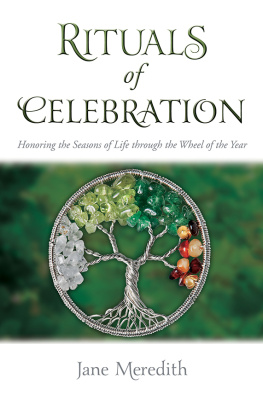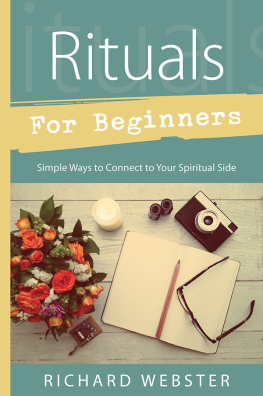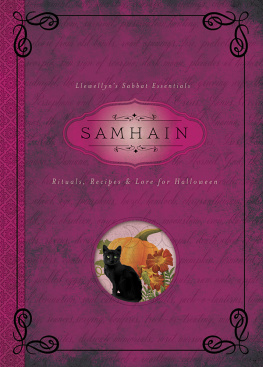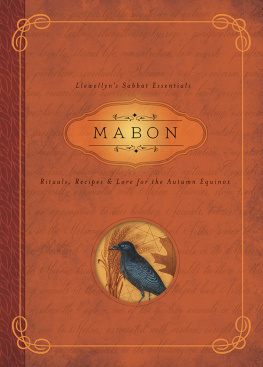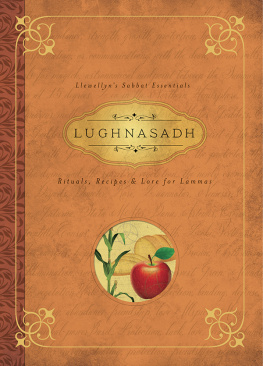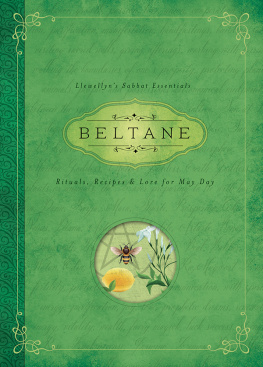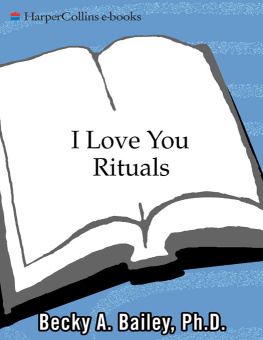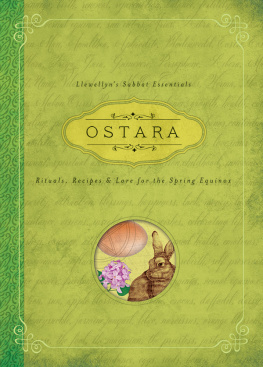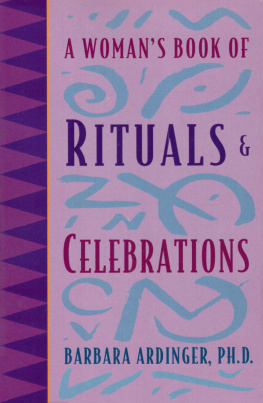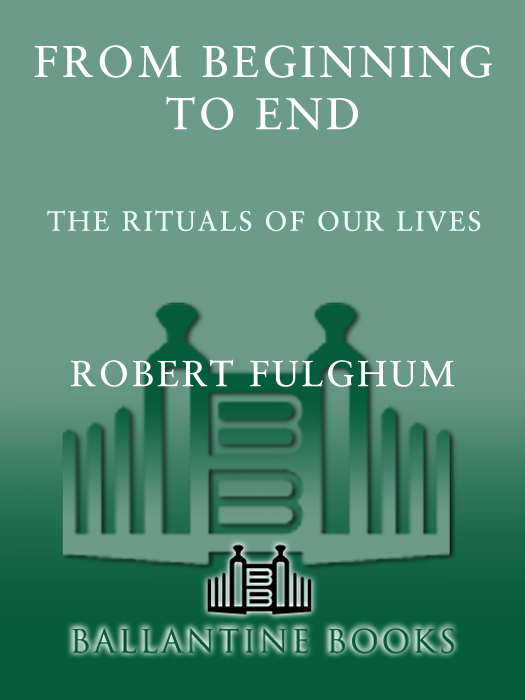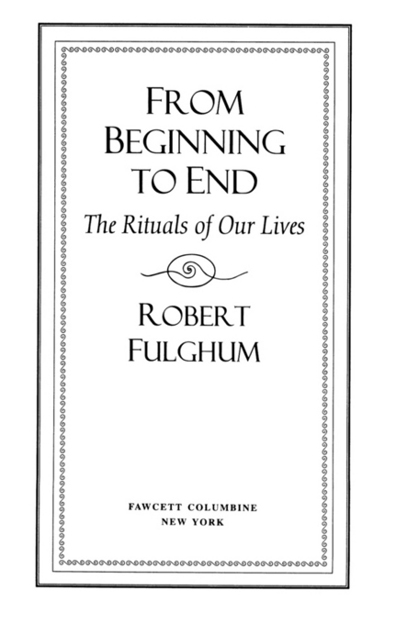A BOOK TO BE PONDERED,
to be talked about with friends and family, and to be reread at different times in our lives By motivating us to think of the holy rather than the how-to of rituals, Fulghum frees us to look at all the patterns of our lives and give them meaning. With From Beginning to End he helps us perceive the sacred in the simple, providing a lasting message that we can turn to for inspiration over a lifetime.
The Pilot
Fulghum explores the broad range of our behavior, the talismans we collect to help us remember, and the events we celebrate. They include insignificant events such as that last squint in the mirror before bedtime and meaningful ones such as dealing with regret, attending reunions, or getting married.
The Seattle Times
[Fulghum] explores the ritualspublic, private, and secretthat mark the passage of human life, everything from teeth-brushing and saying grace at meals to the more momentous social rituals connected to birth, adolescence, marriage, death.
The Houston Chronicle
From Beginning to End is about the natural patterns of life and the rituals that develop around key events such as births, anniversaries, and funerals.
The Boston Globe
BOOKS BY ROBERT FULGHUM
All I Really Need to Know I Learned in Kindergarten
It Was on Fire When I Lay Down on It
Uh-Oh:
Some Observations from Both Sides of the Refrigerator Door
Maybe (Maybe Not):
Second Thoughts from a Secret Life
From Beginning to End:
The Rituals of Our Lives
A Fawcett Columbine Book
Published by Ballantine Books
Copyright 1995 by Robert Fulghum
All rights reserved under International and Pan-American Copyright Conventions. Published in the United States by Ballantine Books, a division of Random House, Inc., New York, and simultaneously in Canada by Random House of Canada Limited, Toronto.
http://www.randomhouse.com
Library of Congress Catalog Card Number: 97-90329
eISBN: 978-0-307-77597-9
This edition published by arrangement with Villard Books, a division of Random House, Inc. Villard Books is a registered trademark of Random House, Inc.
v3.1
Contents
From beginning to end,
the rituals of our lives shape each hour, day, and year.
Everyone leads a ritualized life:
Rituals are repeated patterns of meaningful acts.
If you are mindful of your actions, you will see the ritual patterns.
If you see the patterns, you may understand them.
If you understand them, you may enrich them.
In this way, the habits of a lifetime become sacred.
Is this so?
If you and I had sat on a park bench for an afternoon a couple of years ago, catching up, talking of this and that, and you had asked me the what-are-you-thinking-and-writing-about-these-days? kind of question, I would have answered, Rituals. And I would have added, If that surprises you, it surprises me, as well.
Why rituals? Its a formal topic, most likely addressed by theologians and anthropologists. My interests are not usually so academic. The commonplace and daily aspects of life attract me most. And the anecdotal essay is my style of reporting what I notice.
So why rituals?
My thinking was set in motion by those who, knowing I was a parish minister for many years, have asked me for advice about ceremonies and celebrations. They wanted words to use at graduations, funerals, and the welcoming of children. They inquired about grace at family meals, the reaffirmation of wedding vows, and ways to heal wounds suffered in personal conflict. People requested help with the rituals of solitude, such as meditation, prayer, and contemplation.
Im supposed to know about such things. But the truth is that while Ive performed and participated in such rituals for many years, Ive never given the subject the careful thought it deserves.
While seeking ways of responding to those requests, I began seeing much of my life and the life around me as ritualized. I realized that the important rituals were not stored in books and service manuals but were being lived daily by all of us.
If the topic of rituals were a building, its appearance would be imposingly seriouslike the antique administration building of a small college. If you went into the main entrance and on into the foyer, the intimidating formality would continue.
If you asked at the main desk for information about the college, youd receive the official brochures and handbooks that are idealized maps about the activities of an institution. Thats one way to look at information and learning.
If, instead, you went around back, entered through the kitchen door of the cafeteria in the basement, and talked with the cooks and janitors, and then went on into the lunchroom to sit down and chat with the staff and students, you might feel more at ease, and would likely get a friendlier view of the college.
I prefer this informal, backstage view of life.
It is there I have looked for the raw materials out of which rituals are made.
Following my nose and intuition, Ive found myself in unexpected places thinking unanticipated thoughts. Its always gratifying to see something familiar in a new light, and to realize that what I am looking for is close by. Its like finding my lost glasses perched on the end of my nose. So has it been with this search for an understanding of rituals. Right there in front of my face all along.
If you and I ate lunch together regularly over a period of time, Id tell you what I know now about rituals, expecting you would add what you know. And my guess is that youd be as surprised as I was by how much you know about rituals, and by how much ritual behavior goes on in your life.
My confidence in the nature of our discussions comes from two experiences in the summer of 1994. After I had put my thinking about rituals on paper, I asked eighteen friends to read the manuscript while we were on a rafting trip together on the Rogue River in Oregon. Two weeks later, I took a revised manuscript to a summer family conference where 180 adults read it. On the river or in camp, the result was the same: intense and lengthy dialogue of the sort that keeps people talking way into the night about things that matter to them.
When we have this richness of contact with one another, we use the language of personal intimacythe language of informal conversation rather than the formal language of the college lecture hall. We speak out of our own experiencefrom what we know firsthandand illustrate our convictions with anecdotes out of our lives or the lives we observe. Such is the style of this book.
To follow these comments with the conventional form of a Table of Contents doesnt quite work. The summer river trip I mentioned suggests a solution. Each morning at breakfast we were given a preview of the day on the water. Our boatman had the uncanny ability to give us both enough information about the character of the days stretch of river to relieve our anxiety and at the same time not to tell us so much that there was nothing left for us to discover on our own. He understood the need for the right mix of useful information and adventure.


